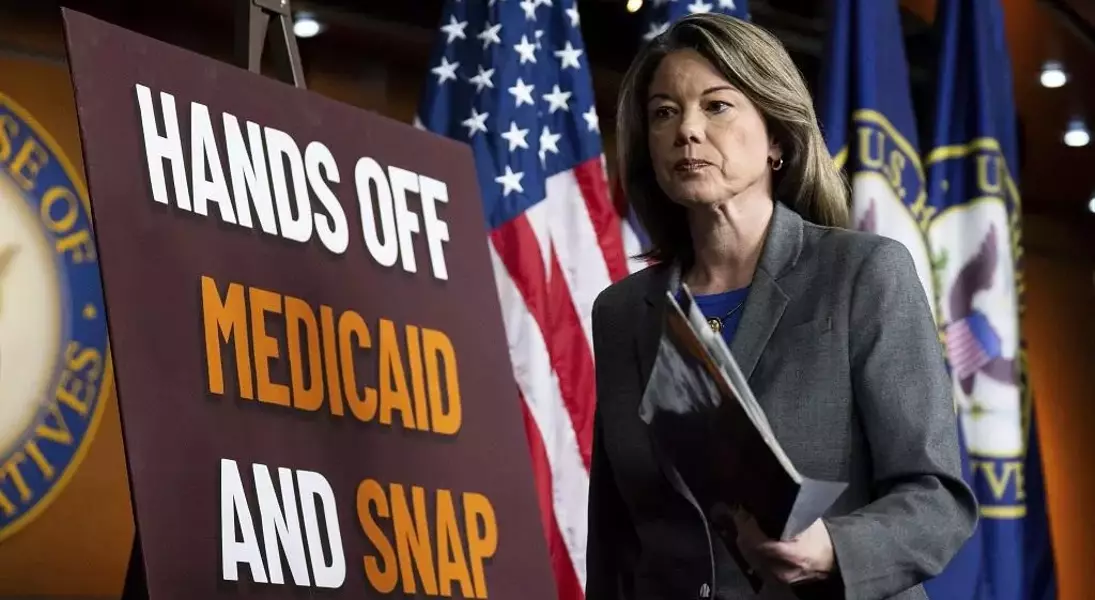
A significant shift in federal spending priorities is underway as House Republicans propose a staggering $300 billion reduction in the Supplemental Nutrition Assistance Program (SNAP) over the next decade. This initiative, which far exceeds the initially expected cuts of $230 billion, has sparked intense debate among lawmakers. Critics argue that such measures could severely impact millions of Americans who rely on this essential program for their basic sustenance needs.
The proposed changes include major policy adjustments aimed at restructuring how states contribute financially to SNAP. One key proposal involves implementing a state match system where states would be required to share direct food benefit costs with the federal government. Currently, the federal government solely covers these expenses, while states assist with administrative costs. Under the new plan, states with lower payment error rates would shoulder approximately 5% of the cost, whereas those with higher error rates might face up to 25%. Additionally, all states would see an increase in their contribution toward administrative expenses from 50% to 75%. These alterations are expected to disproportionately affect rural areas and smaller-budget states, potentially jeopardizing the future of SNAP in certain regions.
Moving forward with these budgetary reductions represents a broken promise by House Republican leaders, particularly concerning vulnerable constituents reliant on social safety nets like Medicaid and SNAP. Despite warnings from moderate GOP members about the adverse effects on their communities, the party continues its aggressive approach. Analysts suggest that enforcing work requirements for eligibility and other regressive policies collectively contribute to the full $300 billion cut. As Congress races against an August deadline tied to the national debt limit, it becomes increasingly crucial to observe whether the Senate will align with these sweeping changes. While committees deliberate this week, the final outcome remains uncertain, yet the potential consequences loom large for countless American families.
Beyond the immediate financial implications, this legislative maneuver raises broader questions about societal values and priorities. By prioritizing tax cuts and border security over fundamental human needs, policymakers risk undermining the well-being of millions. A compassionate society ensures no individual faces hunger due to systemic inadequacies. Thus, it becomes imperative to advocate for equitable solutions that balance fiscal responsibility with humanitarian concerns, fostering a more inclusive and supportive community for all citizens.
